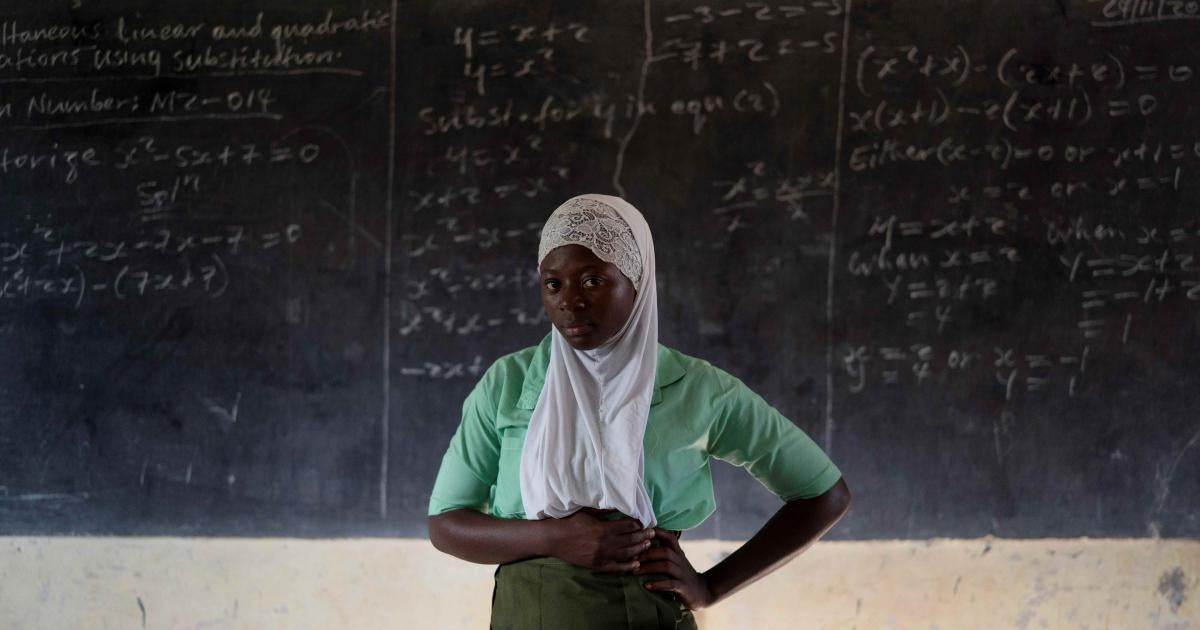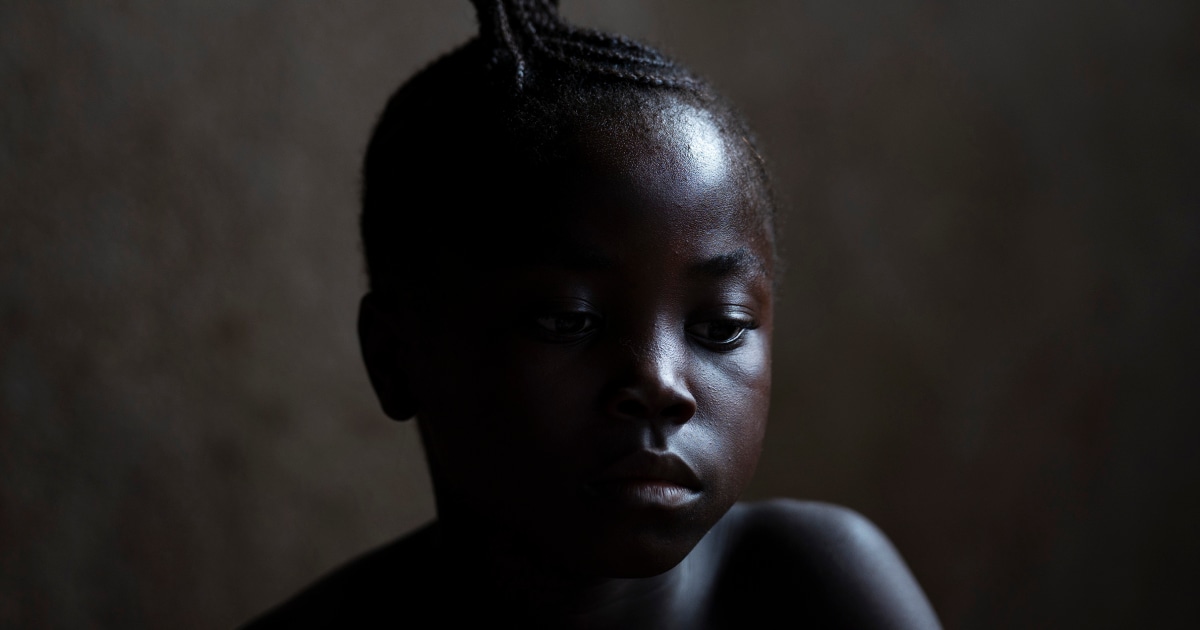
Last week, Sierra Leone made history by enacting a law to ban child marriage. The Prohibition of Child Marriage Bill 2024, signed into law by President Julius Maada Bio on July 3rd, sets a significant milestone in protecting the rights and development of girls in the West African nation.
Child marriage is a pervasive issue in Sierra Leone, where approximately one-third of girls are married before they turn 18. Around 800,000 child brides live in the country, with half of them married before age 15. The new legislation criminalizes marrying any girl under the age of 18 and imposes penalties on offenders, including a minimum prison sentence of fifteen years or a fine equivalent to around $4,000.
The law also extends its reach beyond the groom by punishing parents or guardians who facilitate child marriages and those who attend such ceremonies. The legislation aims to improve access to education and support services for children affected by child marriage, ensuring they have a chance at a better future.
Sierra Leone's parliament passed the bill as a bipartisan effort in June, with First Lady Fatima Bio playing an instrumental role in advocating for its passage. The law builds on existing efforts to protect young girls from marriage and tackle barriers to their education. A new education law, adopted in 2023, guarantees children 13 years of free education including one year of preprimary education as well as secondary education.
The First Lady's 'Hands Off Our Girls' campaign has been a driving force behind the movement to end child marriage in Sierra Leone. The legislation is expected to set a pathway for other African nations, such as Tanzania and Zambia, to follow suit and revoke laws that permit child marriage.
The new law also addresses the devastating consequences of child marriage by providing support services for married children and those at risk. It's crucial that awareness is raised in rural areas about the harms associated with child marriage, as well as addressing other prevalent harmful practices linked to it, such as female genital mutilation.
The government will need to continue focusing on keeping girls in school while developing sustainable economic opportunities and social programs that empower girls and their families. The Prohibition of Child Marriage Bill 2024 marks a significant step forward in protecting the rights of young girls, ensuring they can thrive in a world where they are protected, equal, and empowered.



